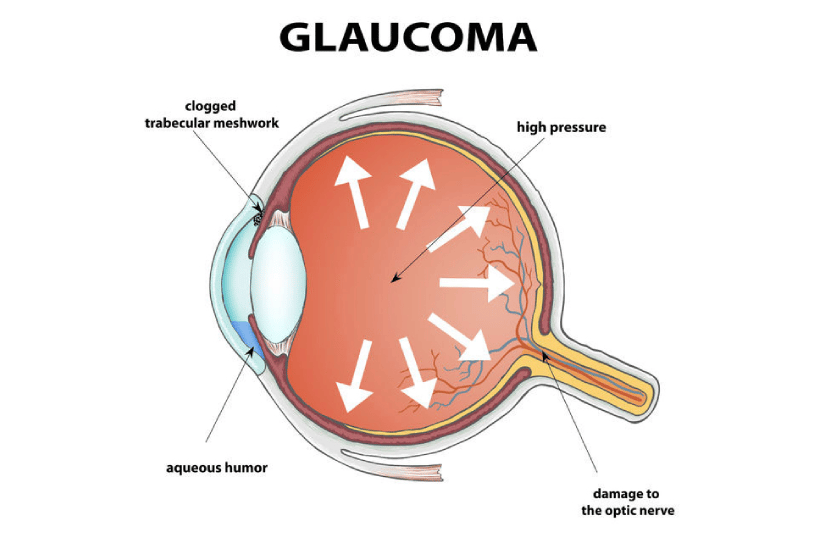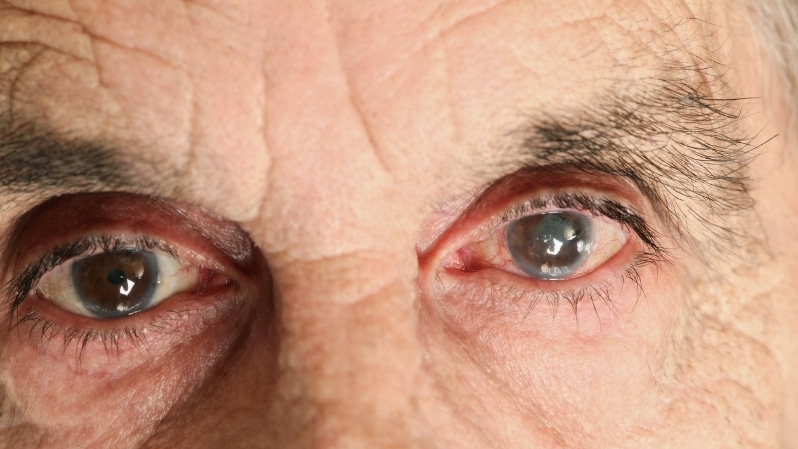Browse Eyewear

Glaucoma is an important cause of irreversible blindness globally, and it is the second-highest cause of permanent blindness in the United States, according to the World Health Organization. In the United States, an estimated three million individuals suffer from glaucoma, which is anticipated to rise to 6.3 million in the next 30 years if current trends continue. Although glaucoma is more frequent in persons over 60, it may occur at any age. While there is presently no treatment for glaucoma, it is possible to decrease or even prevent vision loss if the illness is detected and treated early enough.
What exactly is glaucoma?
In the case of glaucoma, the eye’s optic nerve is damaged. The optic nerve is generally responsible for transmitting visual information from the retina to the brain, which allows us to see. Glaucoma is a condition in which our optic nerve gets gradually injured, resulting in progressive visual loss and total blindness..Oftentimes, the damage goes unnoticed until it is too late to be repaired since it builds gradually. Glaucoma, as it advances, may result in a diminished quality of life, an increased risk of falling, limited mobility, and trouble driving.
Glaucoma is often coupled with a rise in pressure inside the eyeball itself. Eyes in good health create fluid known as aqueous humor, which circulates through and out of the eye. The failure of this mechanism to function correctly in glaucoma results in increased eye pressure and damage to the optic nerve. Both open-angle and angle-closure glaucoma are classified according to the anatomy of the drainage route in front of the eye referred to as the angle, through which aqueous fluid is forced to exit the body of the eye.
In open-angle glaucoma, the angle appears to be open, but pressure management is inadequate due to various causes, including drainage issues. This kind of glaucoma may manifest itself at both high and normal intraocular pressures (normal-tension glaucoma). Both kinds have the potential to cause vision loss and harm the optic nerve.
You can visit our Scottsdale Eyeology in Arizona for a thorough treatment plan for Glaucoma.



